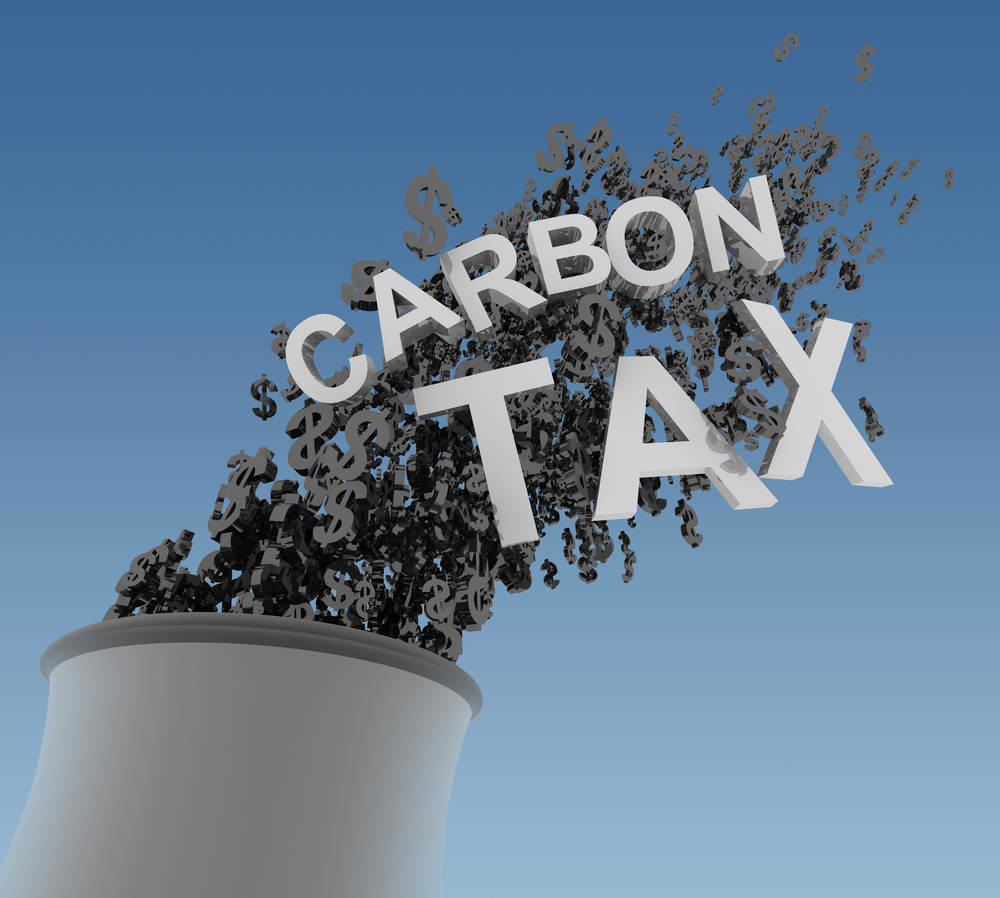
OTTAWA — The International Monetary Fund says Canada and other countries can improve their economies and environment by hiking energy taxes — while cutting them on people and capital.
In a new book, Getting Energy Prices Right: From Principle to Practice, the IMF essentially endorses policies at times advocated by the federal Liberals and NDP calling for what some have termed a “green shift” in the taxation system. The Conservative government, however, has rejected carbon taxes.
The premise of the book is that while carbon-based energy was indispensable to economic growth over the past century, it has come with considerable costs.
The solution, the IMF says, is to tax energy to such a level that the revenue pays for energy’s environment and health costs.
In a novel and rather ambitious approach, the Washington-based financial institution attempts to calculate the cost of carbon energy — coal, gas, motor diesel and natural gas _ for 156 countries and proposes precise taxation levels for each country to implement.
“The results confirm that many countries — advanced, emerging, and developing– are only at base camp with regard to getting energy prices right,” IMF managing director Christine Lagarde says in a foreword to the 199-page book.
For Canada, getting the price right could be a shock to the system of consumers and industry.
For instance, the IMF says gasoline should be taxed at about $US0.55 a litre instead of the current 36 cents, and road diesel at about US$0.64 per litre, instead of the current 42 cents.
The book uses U.S. currency calculations so exact numbers in Canadian dollars are not precise, but they roughly translate to a 52 per cent increase in the taxes applied to both gasoline and diesel.
Meanwhile, the IMF says there should be a US$4.90 (about C$5.34) per gigajoule tax on coal, where there is none now, and natural gas should be taxed at $2.20 (C$2.39) per gigajoule, in place of the small subsidy that currently exists. A gigajoule is a unit of energy.
In an interview, co-author Ian Parry agreed such proposals have caused a voter backlash whenever suggested, but adds that the trick is to make clear to voters that other taxes, particularly those on income, will be cut by identical amounts.
“We are not talking about increasing the overall tax burden; we are talking about a smarter more efficient way to use taxation to meet a country’s fiscal objectives,” he said.
Parry admitted, however, that governments haven’t been very successful at communicating the “revenue neutral” message and that voters have been skeptical. One way of trying to convince people they are not being gouged is for governments to cut income taxes before introducing the added carbon charges.
As well, he said, carbon taxes should be phased in slowly to lessen shocks to the economy.
The IMF calculates phasing in the carbon taxes to the levels it suggests would increase Canada’s gross domestic product by 1.4 per cent, reduce carbon emissions by 15 per cent and diminish deaths from air pollution by 25 per cent, the latter mostly from reducing coal use.
It cautions that the numbers are estimates only, based on assumptions that can be debated, but that the overall message is valid.
“Underpinning the policy recommendations is the notion that taxation can influence behaviour. In much the same way that taxes on cigarettes discourage their overuse, appropriate taxes can discourage overuse of environmentally harmful energy products,” the authors write.
On costs, the authors attempt to tally up the impacts of carbon not only on climate change, but also for more common air pollution that affects health, as well as traffic congestion and accidents.
Globally, Canada is near the bottom on the scale of taxation levels for gasoline among industrialized nations. It taxes gas higher than the U.S., but generally well below taxation levels applied in Europe and Japan.